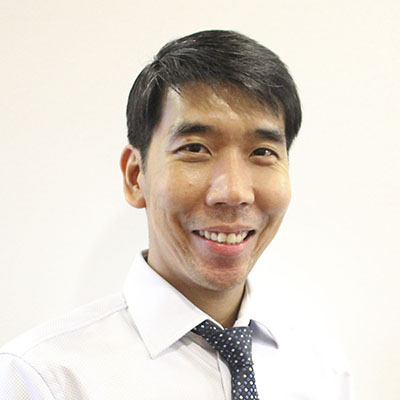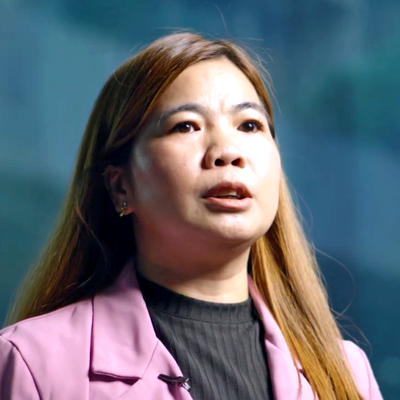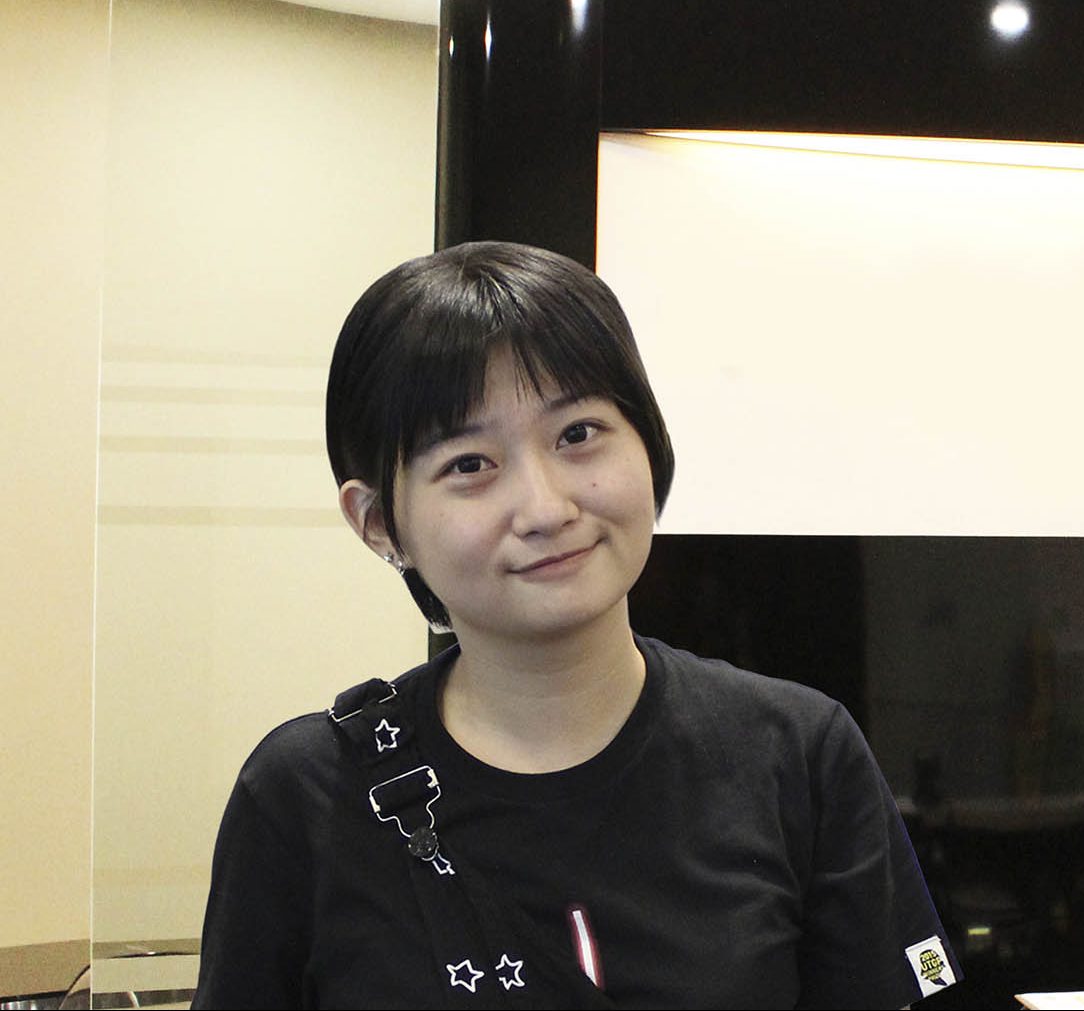
OVERVIEW

About This Programme
The Bachelor of Arts (Honours) in Hospitality Management equips students with the knowledge and skills needed to succeed in the dynamic hospitality industry. Covering key areas such as operations management, marketing, customer experience, and leadership, the programme combines theoretical knowledge with practical application. Graduates will develop specialised hospitality management expertise alongside essential business skills, preparing them for leadership roles in hotels, tourism, events, and related sectors. Upon completion, the BA (Hons) degree will be awarded by the University of Greenwich.
Ranked Top 7% Globally by Center for World University Rankings
8 month | full-time
12 month | part-time
fast track degree
Practical and theoretic modules
Guided career sessions
MODULES
Designed to explore beyond subject knowledge
The Bachelor of Arts (Honours) in Hospitality Management equips students with the knowledge and skills needed to thrive in the dynamic hospitality industry. Students will explore key areas such as operations management, marketing, customer experience, and leadership, building a strong foundation in both theory and practical application.
Graduates will demonstrate specialised hospitality management knowledge, integrated with broader business skills. They will possess the professional values, ethics, and adaptability required to excel in diverse and fast-paced environments.
Strategic Hospitality Management
This module provides a critical understanding of strategic management within the hospitality context, an applied understanding of environmental scanning and its relevance to the sector, an analysis of competitive organisations and market dynamics within hospitality, and insights into strategy formation and implementation at corporate, network, and sectoral levels.
Revenue Management for Hospitality
This module aims to develop a critical understanding of the role of revenue management within hospitality businesses, while equipping students with practical skills to apply revenue management effectively.
Event Venue Management
This module aims to equip students with a critical understanding of the role of financial planning in hospitality management, alongside practical skills for effective financial planning in hospitality businesses.
Innovation and Business Planning
This module has been designed to support students to develop innovative and realisable ideas that could be implemented in the tourism industry. Many tutorials will be structured as workshop sessions, with students working in project teams to develop ideas for new tourism products and services.
Dissertation
This module develops students’ ability to define and analyse complex business problems, integrate academic knowledge with practical applications, and gain hands-on experience in specifying, collecting, analysing, and reporting information. It provides the opportunity to structure and write extensive material, while managing a project over an extended period and meeting critical deadlines.
Full programme structure and learning outcomes
Get details and learn about the advantages of learning with LSBF.
what to expect
Advance Your Career in Hospitality
Programme Aims
- Explore the diverse hospitality industry through international case studies, practical group work, business challenges, and interactive workshops.
- Develop skills and knowledge that enhance employability in hospitality areas, including sales and marketing, human resources, events management, tourism operations, and finance.
- Gain specialist knowledge and industry experience to work in international hotels and resorts as well as a variety of tourism and hospitality businesses.
Learning Outcomes
Knowledge and Understanding
- Demonstrate a critical understanding of hospitality as an academic and applied field.
- Analyse the global marketplace for hospitality businesses.
- Apply sustainability principles to the operations of hospitality organisations.
- Understand the management of technical operations, such as food and beverage services and accommodation.
- Examine management disciplines within the context of hospitality.
- Analyse the global environment of the hospitality industry, including sustainability and technological advancements.
- Evaluate the hospitality consumer experience and the service encounter.
- Identify career development and learning opportunities in the hospitality sector.
Intellectual Skills
- Be independent learners, capable of lifelong learning.
- Produce high-quality written, oral, and digital outputs suitable for academic and industry contexts.
- Develop an entrepreneurial orientation towards hospitality management.
- Critically analyse the global marketplace for hospitality.
Subject Practical Skills
- Solve management problems in the hospitality industry creatively.
- Confidently apply core business techniques to hospitality contexts.
- Manage effectively across and within diverse cultures.
- Integrate sustainability principles into hospitality management practices.
Transferable/Key Skills
- Effectively manage time to meet deadlines.
- Identify and evaluate relevant research and information for informed decision-making.
- Present confidently across a range of media platforms.
- Communicate effectively in both academic and professional settings.
- Use industry-standard software to support business operations.
Graduate Attributes
Scholarship and Autonomy
- Have a critical understanding of hospitality and finance studies.
- Be independent learners with the skills and experience for lifelong learning.
- Produce high-quality written, oral, and digital outputs relevant to academic and industry needs.
Creativity and Enterprise
- Exhibit an entrepreneurial orientation in hospitality management.
- Apply core business techniques confidently.
- Utilise financial and management skills to solve business problems.
Cross-Cultural and International Awareness
Manage effectively within and across diverse cultures, promoting international collaboration.
Apply sustainability principles to the global hospitality industry.
Analyse the global marketplace for hospitality and related industries.
Skills you will acquire

$92,000+
median Singapore salary for Accounting
483,000+
Singapore job openings in Accounting
75%
of graduates report positive career outcome
programme structure
Assessment, Graduation and Awards
Event Venue Management
- 3,000 words, Essay – 50%
- Take Home Exam – 50%
Strategic Hospitality Management
- 3,000 words, Essay – 100%
Revenue Management for Hospitality
- 3,000 words, Simulation Exercise Report – 100%
Innovation and Business Planning
- 2,000 words, Report – 30%
- 3,000 words, Business Plan – 70%
Dissertation
7,000 words, Dissertation – 100%
Contact hours (full-time and part-time)
| Modules | Credits | Face-to-face contact hours | Independent study hours | Total contact hours |
|---|---|---|---|---|
| Strategic Hospitality Management | 30 | 48 | 252 | 300 |
| Revenue Management for Hospitality | 15 | 24 | 126 | 150 |
| Event Venue Management | 15 | 24 | 126 | 150 |
| Innovation and Business Planning | 30 | 48 | 252 | 300 |
| Dissertation | 30 | 48 | 252 | 300 |
| Total contact hours (full-time & part-time) | 1200 | |||
Teacher student ratio
1:25
STUDENT SUPPORT SERVICES
Why choose LSBF for your education
Study Materials
Students will receive study materials after they have made full payment for their programme. Replacement of study materials is subject to additional charge.
Student Portal
Students have access to the Student Portal. It is a useful site where the course information and learning materials are available for students’ easy reference.
Accessible Faculty
Students may contact their lecturers directly via email outside the lecture hours for any academic related queries.
Recorded Lectures
We will show compassion and care to all stakeholders as we believe the journey is as important as the outcome.
ELIGIBILITY
Who can apply for this programme
Minimum Academic Entry Requirements
Students who have successfully completed either of the following:
- LSBF Advanced Diploma in Hospitality and Tourism Management
- LSBF Higher Diploma in Hospitality and Tourism Management
- Polytechnic or other PEIs Diploma in a relevant field
- Students, who have obtained other equivalent qualifications in relevant fields, will be assessed case-by-case and subjected to university approval
Minimum English Language Entry Requirements
- Applicants who have not studied prior qualifications in English requires IELTS 6.0 or equivalent.
Minimum Age
18 years or above
TUTION FEES
(Prices inclusive of GST)
SGD $15,908.55
(local students)
SGD $15,542.59
(international students & progression)
FAQs
What career opportunities are available after this diploma?
Graduates can pursue roles such as hotel manager, hospitality consultant, events manager, or operations executive in the global hospitality and tourism industry.
What can I study after this diploma?
You may further your studies with a Postgraduate Diploma in Hospitality and Tourism Management, or a related Master’s degree.
What if I want to shift away from hospitality?
That’s perfectly fine. Your experience in leadership, service, and business operations can support a move into events, marketing, or business management roles.
How do I get started?
Reach out to our expert education consultants at +65 6580 7700 or visit us at 80 Robinson Road, #01-00, Singapore 068898. We’re here to help you plan your next step.





















